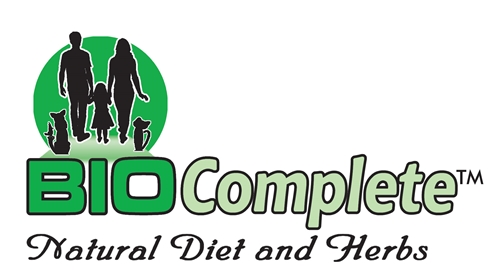A sad fact in today’s processed food and medicine culture is that many more pets, both dogs and cats, are being diagnosed with liver and kidney issues. It’s become too common for clients to seek us out and tell us “I just came from the vet and our pet has liver and/or kidney failure. We were told they only have weeks to live. What can I do?”
This is a difficult time for the owners as they usually aren’t given many options. The common approach that is recommended is a low protein diet to make it easier on the liver and kidney. However, research at major veterinary universities has concluded it is not the amount of protein, but the source. Our cats and dogs are carnivores; therefore they need animal sources of nutrition. Most commercial food companies use poor quality vegetable based proteins that are difficult for them to digest. This actually taxes the body more.
You must understand there are essentially three ways to develop liver and kidney issues. You can be born with it, congenital; you are physically injured, or are poisoned. Yes, the liver is responsible for filtering much of the toxic waste from the blood as well as producing enzymes needed for normal body function. The more toxins and chemicals our pets ingest, the harder the liver, and then the kidneys must work to cleanse and balance their bodies. Mucous from allergic responses can clog the vessels causing these toxins to stagnate and kill the cells in the liver. Suddenly the blood test indicates a problem.
Where do these toxins come from?
They are all around us. Commercial kibble type pet foods often contain hundreds of chemical additives, from preservatives and dyes, to stabilizers, anti-caking agents, synthetic vitamins and more. Many of these foods also contain genetically modified foods (GMO) that research shows is harmful. Lawn chemicals including herbicides, pesticides and more carry bold warning labels about contact, yet our pets are walked and play on these lawns, absorbing chemicals through the pads of their feet and by grooming themselves. Medications, including flea and heartworm medications, carry warnings about their toxicity. Cleaning and deodorizing products also contain an assortment of chemicals.
How do I help my pet become healthy again?
First and foremost is to feed a biologically appropriate, minimally processed, chemical free diet. In the case of carnivores, that is fresh meat, fish, and eggs. These are the easiest for your pet to digest, provide the most natural nutritive values, providing the body the energy to heal and rebuild.
Equally important, quit adding toxins and poisons to their everyday lives. Use cleaning products that are safe and natural, like vinegar, baking soda, and hot water. Avoid treated lawns and areas as much as possible. Minimize the use of synthetic and harmful medications, including those for fleas and heartworm. There are natural and herbal alternatives that the body can handle naturally.
The living body is a miraculous machine, capable of healing and rebuilding itself as long as it has the right tools. By feeding it “what it naturally needs” and preventing exposure to more toxins, liver and kidney challenges can be minimized, giving the body the opportunity to heal naturally.
